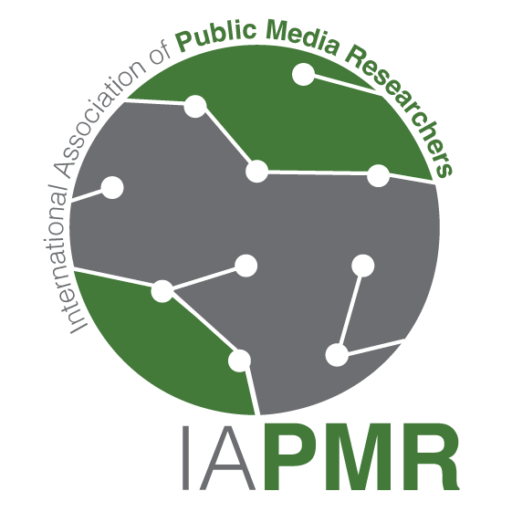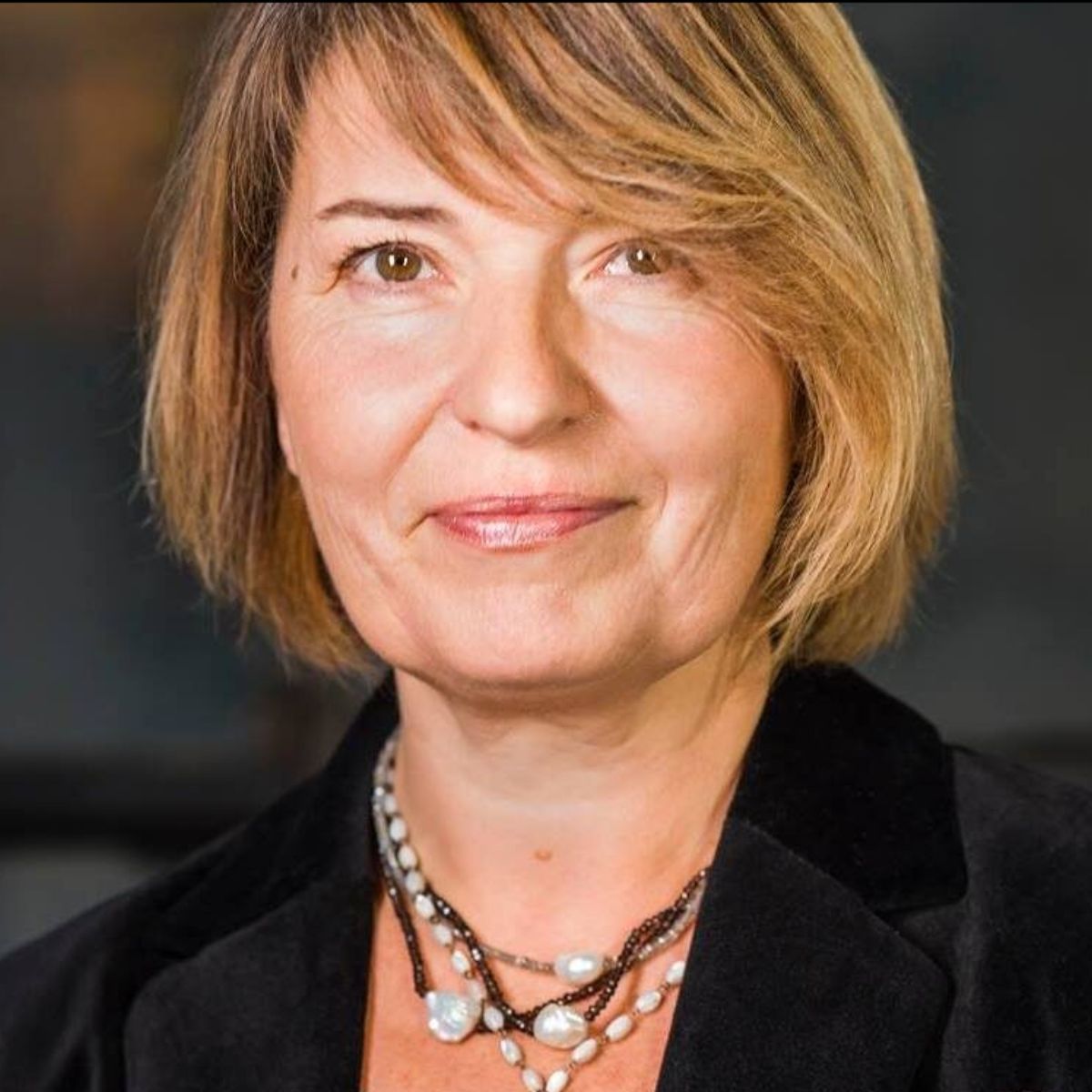Minna Aslama Horowitz is a Docent and Researcher at the University of Helsinki, a Fellow for International Communication at St. John’s University, New York, and an Expert for Digital Rights and Advocacy at the Media and Journalism Research Center. She has also worked as a consultant in areas such as policy advocacy, gender and the media, or innovation in the creative industries for a variety of organizations, including the Council of Europe and the European Broadcasting Union (EBU). Minna holds a PhD in Social Sciences from the University of Helsinki. She has published numerous articles, inter alia on various issues related to PSM, and served as Vice President of IAPMR from 2021 to July 2024.
First of all, can you tell us about your current projects?
I am the Head of Interaction for DECA (Democratic Epistemic Capacities in the Age of Algorithms), a multidisciplinary research consortium funded by the Strategic Research Council of Finland. I also study epistemic rights from the perspective of Finns and Finnish and European media policy, particularly those related to public service media and digital information literacy. In addition, I am a member of the Nordic hub of the European Digital Media Observatory (EDMO). In the NORDIS hub, I follow European and Nordic media and platform policies, especially those related to disinformation and foreign information interference.
Looking back, is there any particular discussion or debate around Public Service Media that remains unsolved despite being the object of extensive academic research?
This is not a challenge of research – only – but also a policy challenge that research could help solve: What do we mean, specifically, when we talk about public service media? What does the label entail? How does it impact, and how should it affect the ways in which PSM organizations think about their remit, practices, and offerings? Should we have a more specific and normative definition of PSM to guide these organizations in justifying their role in their respective societies, including their innovation practices regarding various communications technologies and their relationships with audiences?
Which topics affecting public service media will require the most involvement of both researchers and practitioners in the short term?
The list is long. Because of my interests, I wish to highlight one central question: The (potential) role of PSM in securing information integrity (to use the United Nations term). As the annual global mapping by the Media and Journalism Research Center (State Media Monitor) indicates, independent media outlets are an endangered species in the media ecosystem. What are the novel aspects that should define PSM today? What should other stakeholders do to solidify the role of public media organizations as pillars of trusted, impactful outlets that serve all audiences?
What would your advice be for a young scholar who is starting to work around Public Service Media?
Being a PSM scholar often means being an advocate while being a critic. You need to come to terms with that.

